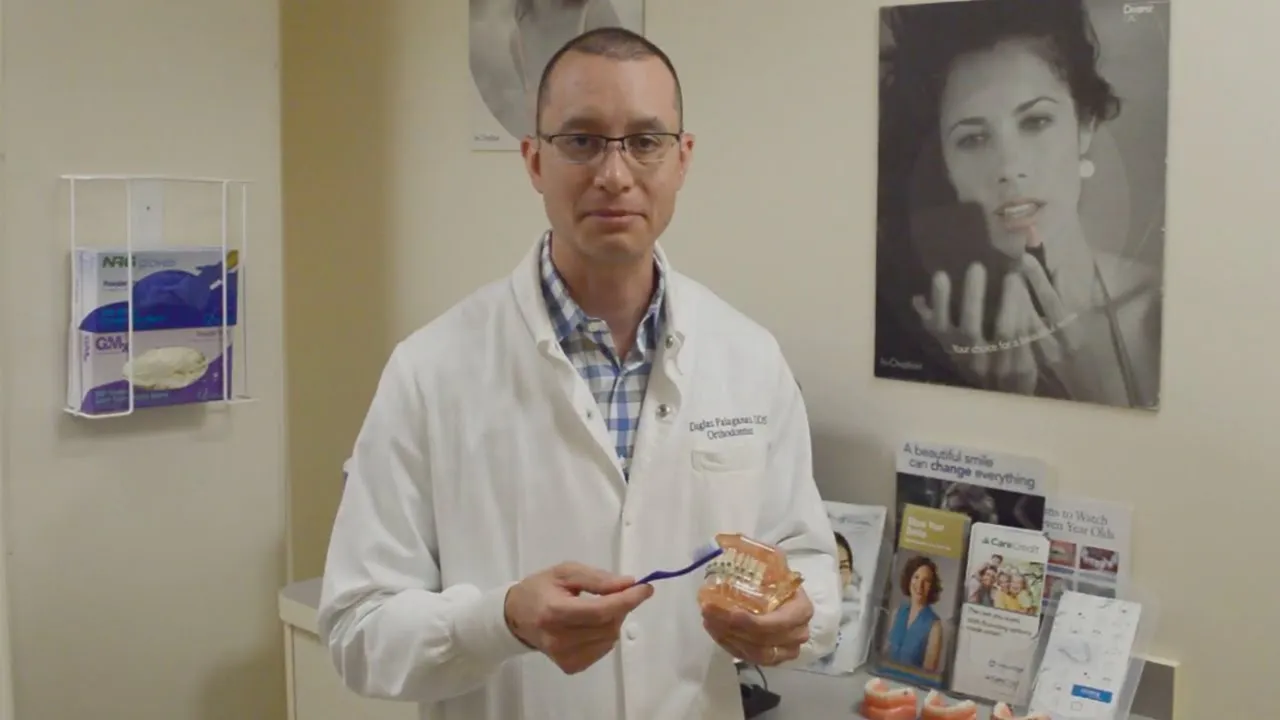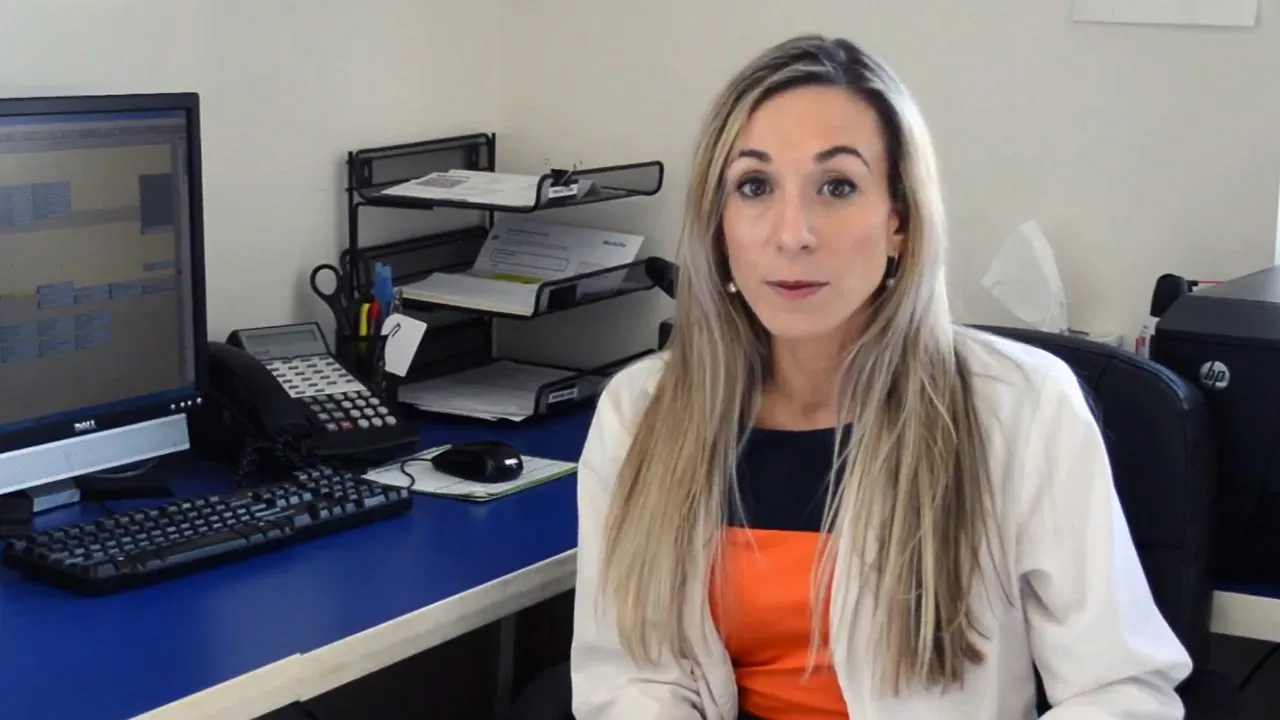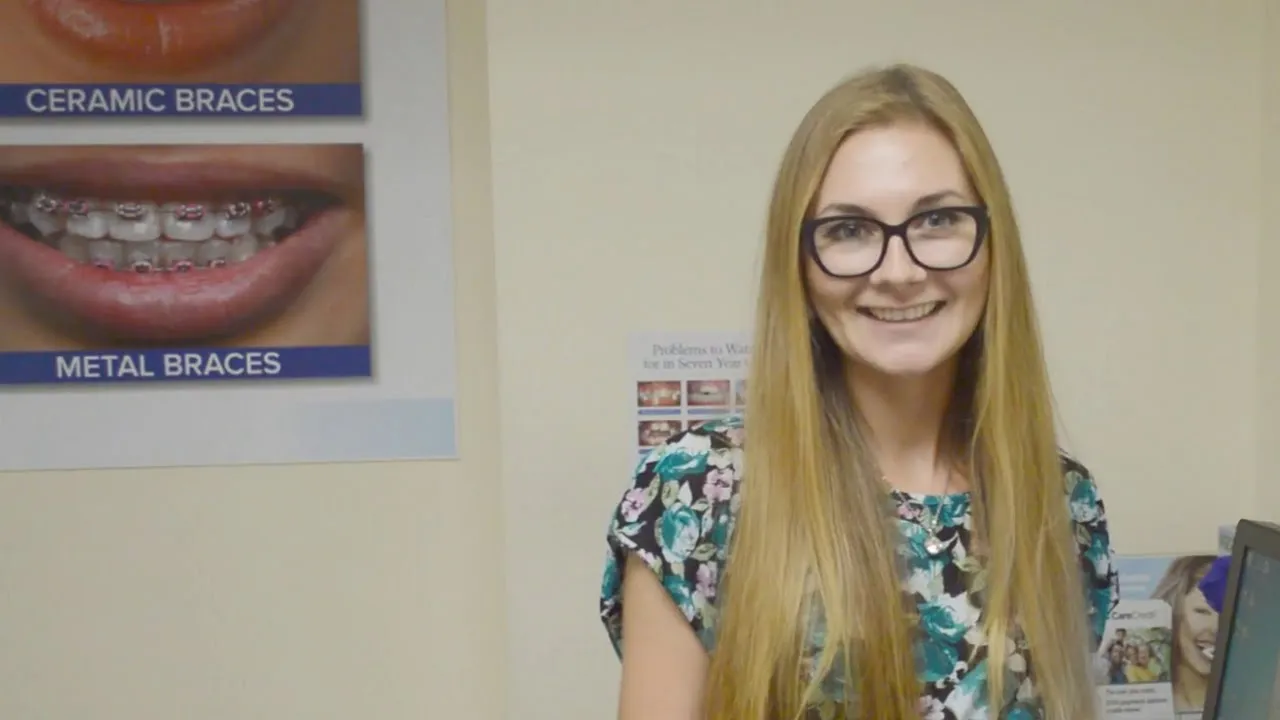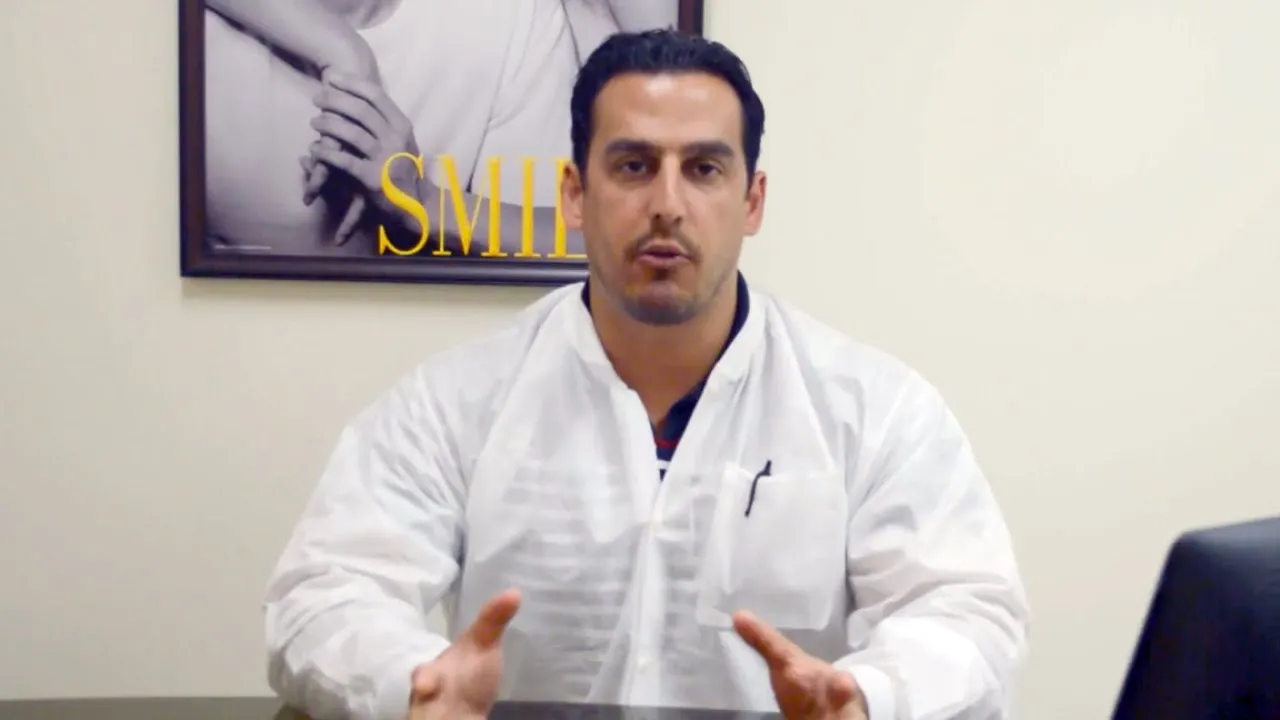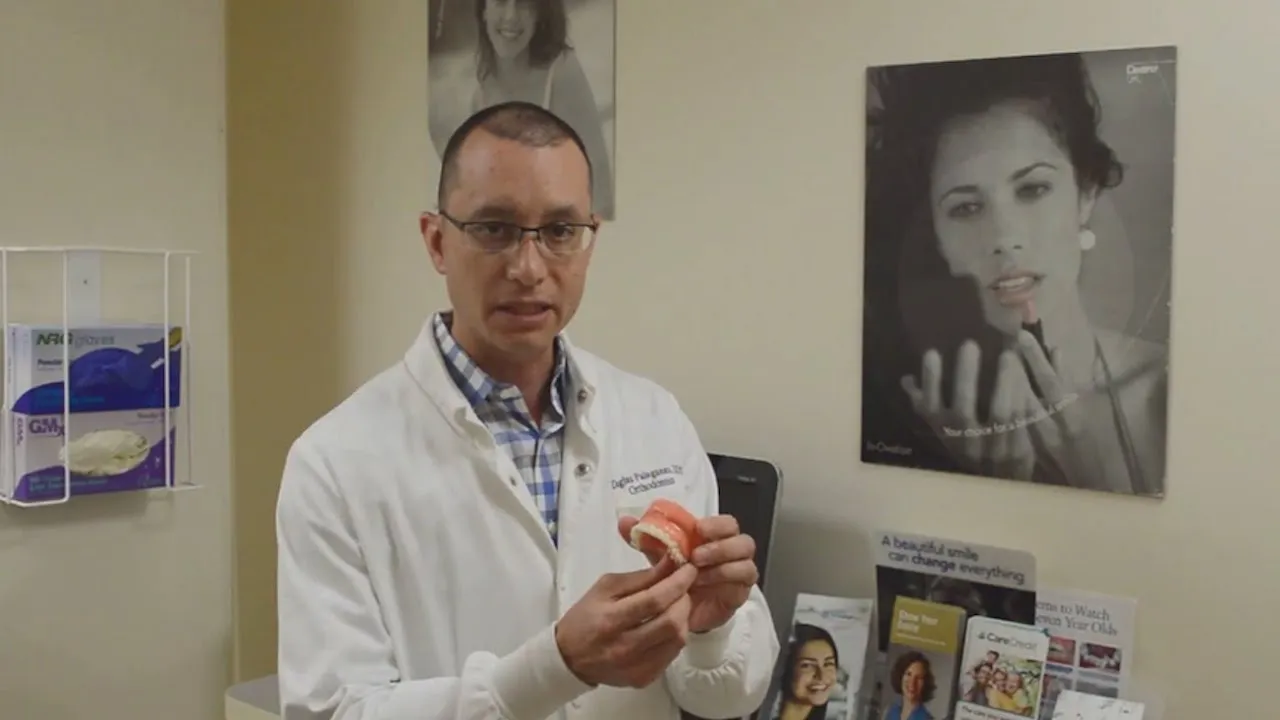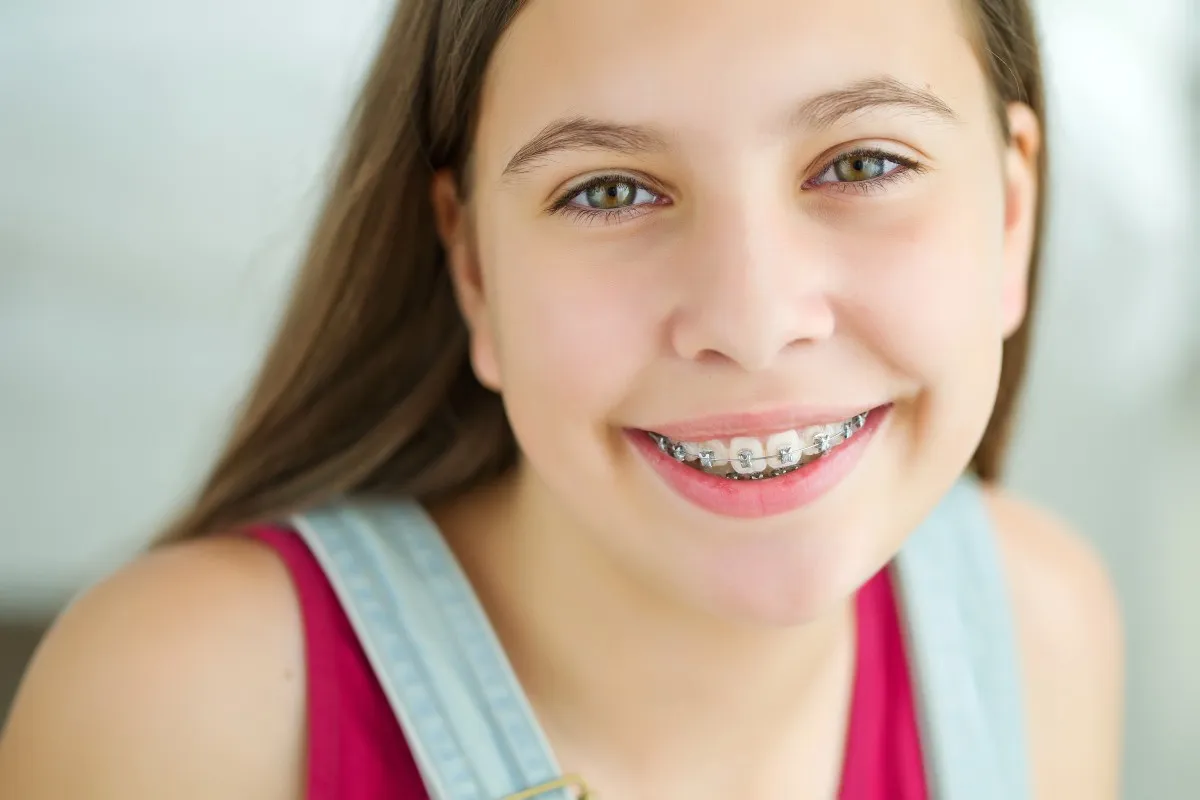
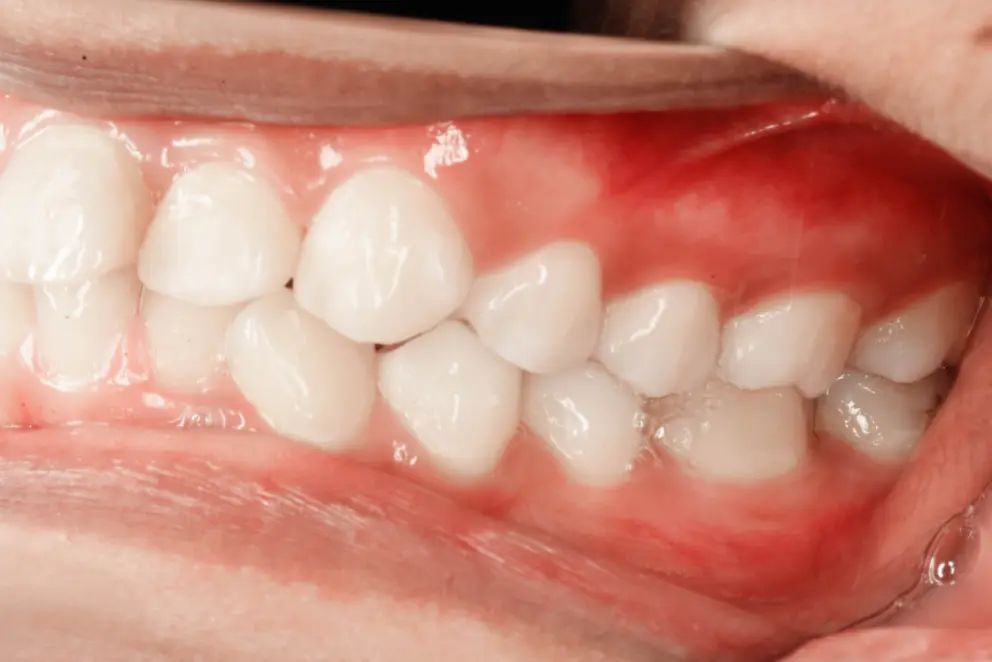
How to Stop Your Gums from Bleeding
If your gums are bleeding, red, or irritated, re-introducing proper oral hygiene should eventually make the problem go away.
Gums generally bleed or get irritated from plaque build-up on the teeth along the gum line. This likely means your brushing isn’t reaching over the entire surface of your teeth. Brush twice a day for two minutes each time, using a soft-bristled toothbrush, and be careful to cover all surfaces of your teeth.


